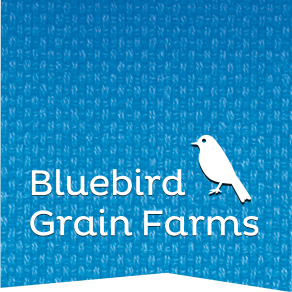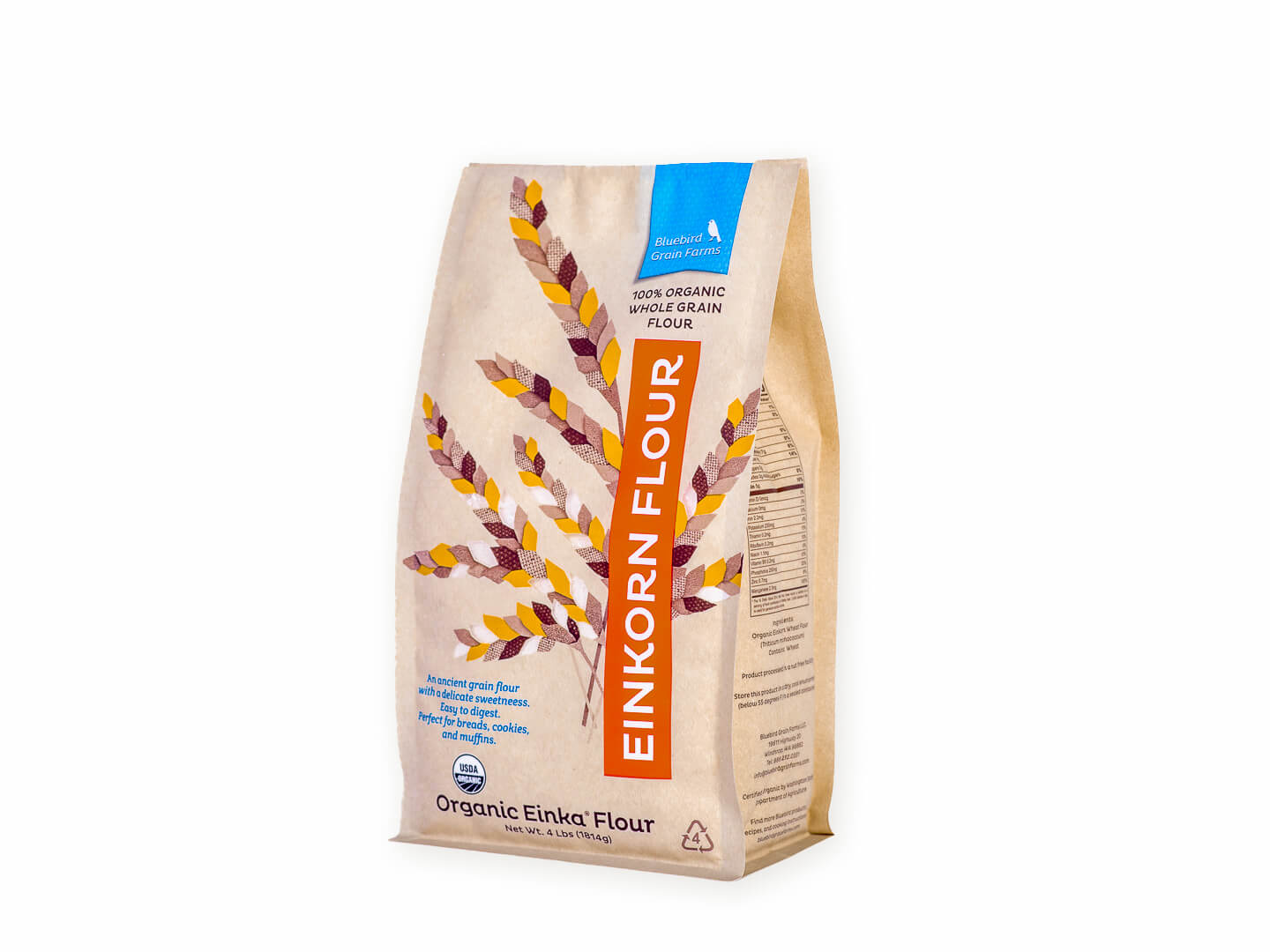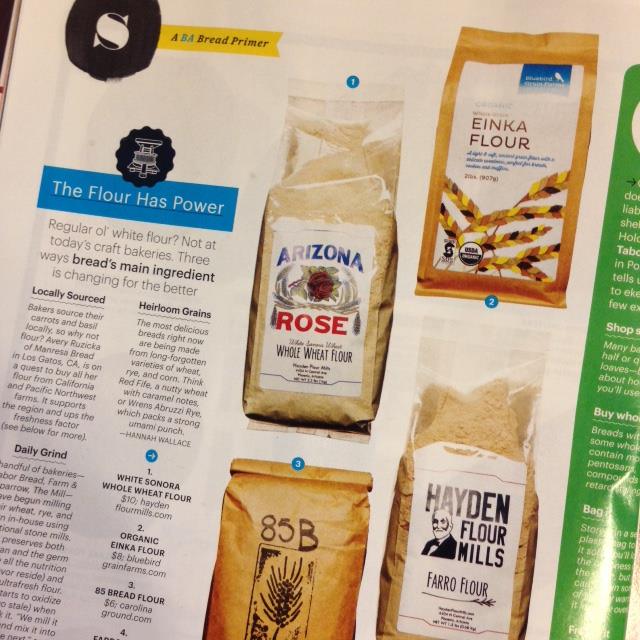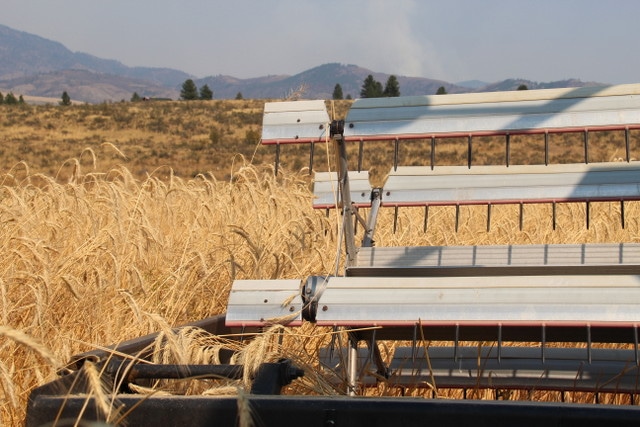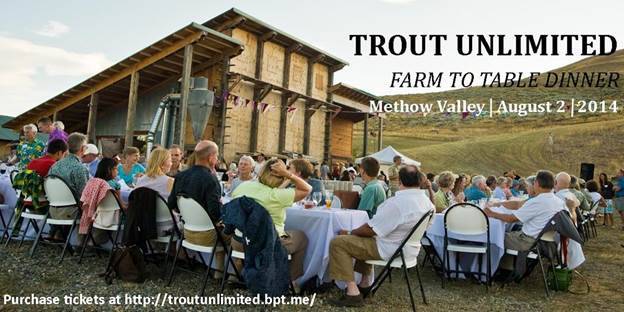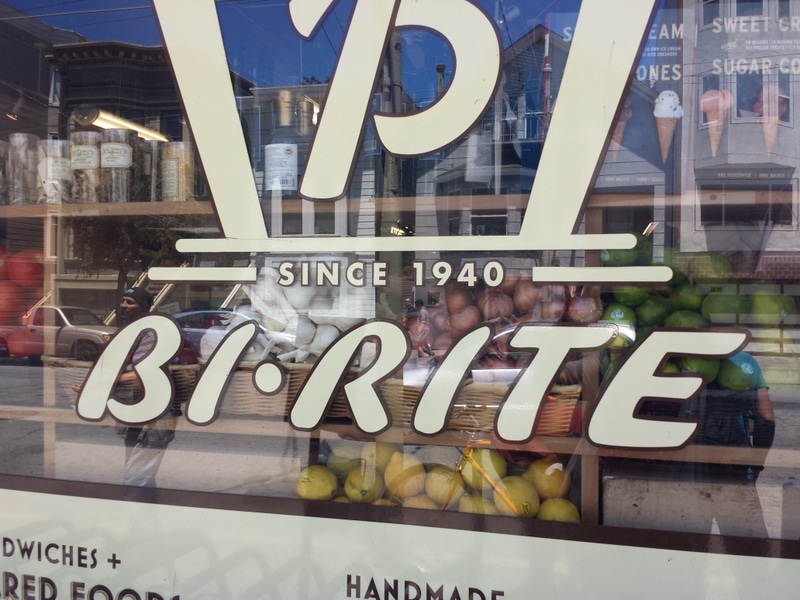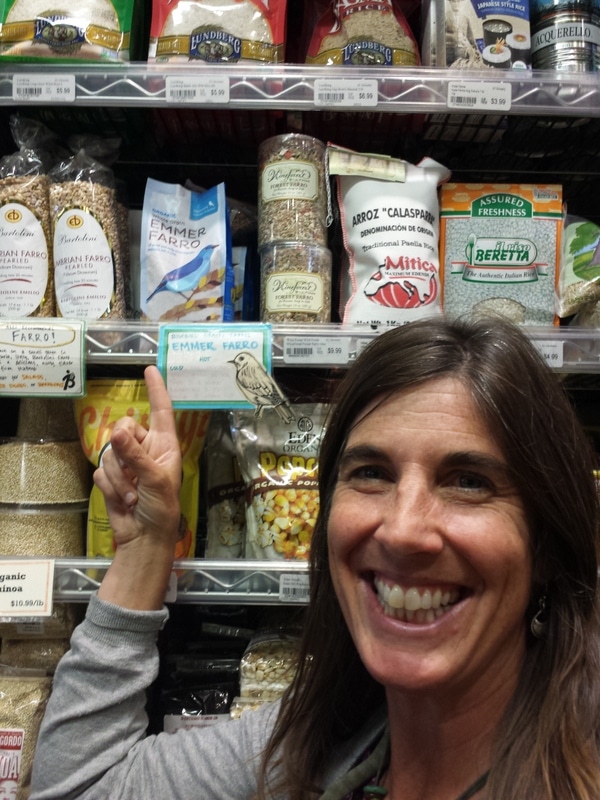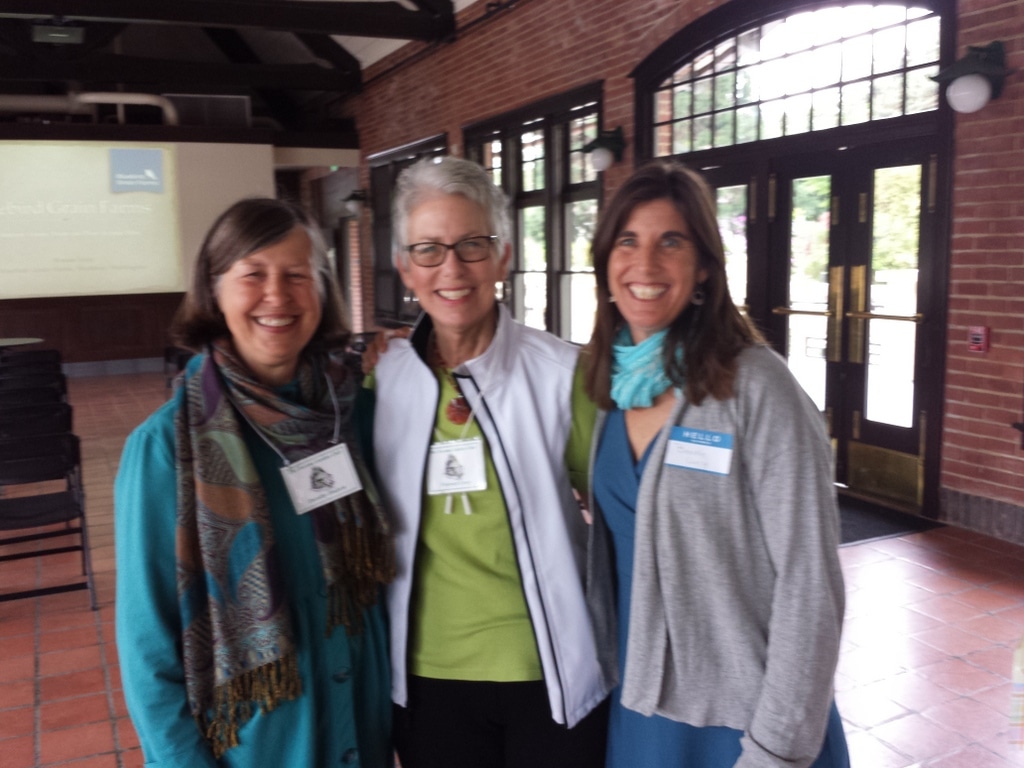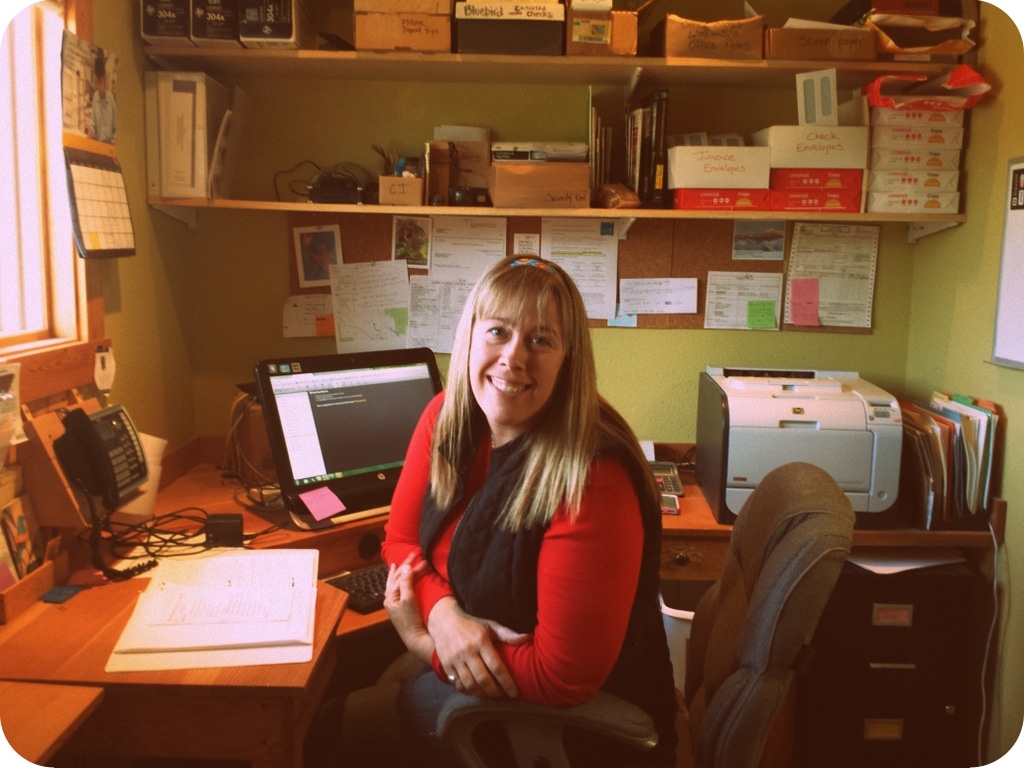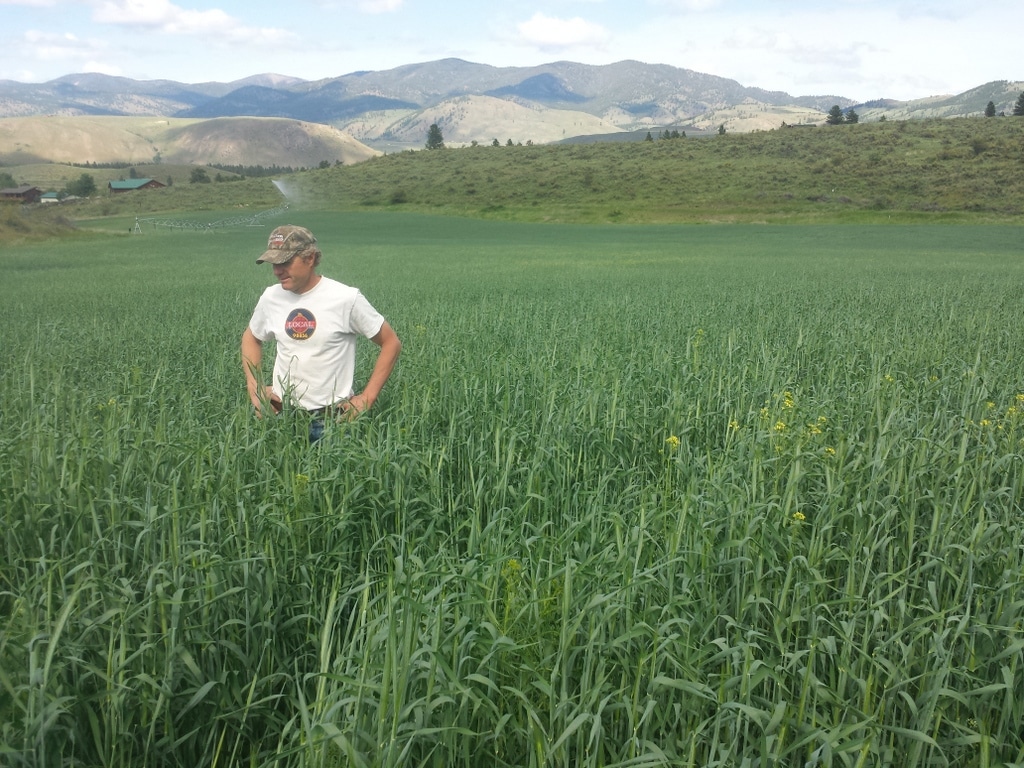It was on the way to the Skeena River that Tonasket, WA laid its claim to Treebeard, back in the 1970s. Tree and some other friends had left their commune in Northern California and aimed to move a part of their community to British Columbia. They encountered their fair share of hardships on the journey: car problems, hostile townspeople. But within minutes of coming through the highlands and Havillah into Tonasket, they were motioned over to the side of the road by a man driving a tractor with a hay trailer. Six degrees of separation later, Treebeard and his fellow travelers had a deal on a farmstead in the area. “Everything just pointed to the fact that we should give up the journey north and stay in Tonasket,” says Treebeard. “We just instantly made so many great connections for our type of thinking.”
Although Tree had been farming a bit in California, “that first year in Washington was a steep learning curve,” he admits. “It was dryland farming and we didn’t have all the right equipment to conserve moisture, so we weren’t always getting high yield crops. And if your crops failed, there was no backup.” After some experimentation with different grains and a dogged persistence in eradicating the invasive plants, Treebeard harvested some crops that could be sold and milled, which initially he did through a west-side distributor.
Treebeard had been growing White Soviet rye here and there, as he experimented with various spring grains and fall grains. “Rye is wild,” says Tree. “It has a survival gene. It will lie dormant in the soil for 20 years and then raise its head. It freaks farmers out.” It penalizes them, too, as commercial growers are docked if rye is found in their grain samples. “It shows up in white wheat all the time,” Tree explains.
After learning about Tetra Pectus rye from a neighbor, Tree sowed a crop of it. “They call it ‘Texas Pecker,’” says Tree, “because it’s such a vigorous plant. Some of my crops were 9’ tall.” “It’s the ultimate hassle to harvest it,” he adds, with a bit of admiration for the grain.
Treebeard started keeping his own seed, but he quickly learned to trade with other farmers in the area. “Nobody was taking soil tests back then,” he says, “so if you had a deficiency in your soil and you kept sowing your own seed, you just perpetuated the problem.” Fortunately for Bluebird Grain Farms, however, Tree continued to save his seed; Tree’s 35-year-old organic rye seed is the genesis of Bluebird’s current rye crop.
Don’t get Sam or Tree started on the virtues of rye unless you have some time. Rye grows in colder temperatures and sandier soils than wheat or oats, making it an ideal crop for harsh farming environments. It can be grown as a grain or a forage crop. It has a high level of fiber in its endosperm—not just in its bran—so it has a lower glycemic index than products made from wheat and other grains, making it conducive to a diabetic diet. Some claims link it to mitigation of menopause symptoms and breast cancer prevention. It can be cooked as a whole grain, rolled like oats, sprouted for salads and sandwiches, or milled into flour. And, of course, if one is so inclined, rye can be fermented into vodka.
Organic certification was inevitable for Tree, although early on it was a hard sell for consumers. “Going organic was like saying the communists were coming,” he laughs. “It was actually very polarizing in the community. You had this spray drift coming from the orchards in the valleys, and that threatened your organic crops. It really divided the community.”
“In this area,” continues Tree, “you’re an outsider unless you were born here or you married in. We were outsiders, and with going organic, well, that just set us apart even more.” Coming from a California commune and becoming one of the first certified organic farmers in the state were cause for alienation, but Treebeard had both the personality and the persuasive element to earn his way in. “Our ticket into the community up here was this larder we had hauled with us from Mendocino,” says Treebeard. “Most of it was in whole form—whole beans, whole grains, tamari, oils—it was all hippie type foods. And we started making it available to others in the community by selling it.” And that was it—the keys to the kingdom? “Well, not quite,” Tree laughs. “But we did become integrated in the community after that. And over time we won them over.”
A bit nostalgically Treebeard adds, “We filled a niche in time with a needed aspect of living—buying whole food in large bags to last the winter. It was a movement that swept the country and it included this area.” The Barter Faire (officially known as the Okanogan Family Faire) was one of the early manifestations of that widespread yearning to homestead a bit. “It was a time to gather before the winter, let the kids play with each other, and reconnect with friends,” says Tree. “We’d take three tons of grain and people would stock up for the winter. And then often we wouldn’t see people again until the spring.”
Distribution of his grains in the early days was mostly local, says Tree, with a few west side places carrying their products. But eventually the Cinnamon Twisp Bakery discovered them, after sourcing a load of bakery equipment through a defunct Tonasket bakery. And then Sam and Brooke got wind that Treebeard was doing dryland farming and started asking questions. “They thought they wanted to do what we were doing,” says Treebeard. The three met a number of times, sometimes accompanied by Ed and Vicky Welch (of Sunny Pine Farm), and thus developed a friendship that has transcended the farming connection.
It was in recent years that Sam learned more about Treebeard’s rye and explored the option of acquiring his rye seed. “It’s a very special strain,” says Sam. “It’s just this big beautiful rye and it was developed in this area.” Bluebird’s rye crop is planted in the fall and overwinters, going through the vernalization process and resulting in a sweet, high-fiber grain that is sold as both whole berries and flour.
Nearly four decades after his early farming days in Tonasket, Tree is still planting fields. But he’s also working on converting some of his acreage back to fields of native grasses. It’s a slow process, Tree acknowledges. “It takes a couple of years to establish a sustainable root system and you have to eliminate the competition for moisture at a shallow level.” So on a larger scale Tree plans to green manure the fields and keep incorporating more organic matter. “It’s going to take a long time,” Tree says, and in the next breath issues a précis of the philosophy that has made farming both joyful and sustainable for him, “but one thing I’ve learned is that there is always enough time.”
